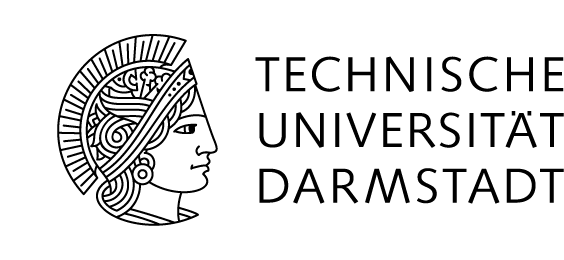Formal Methods for Information Security (Summer Term 2013)
| Lecturer: | Prof. Dr.-Ing. Heiko Mantel |
| Format: | Lecture with exercises (V4 + Ü2) |
| TUCAN Id: | 20-00-0362-iv |
| Language: | English |
| Place and time: | Tuesday 11:40-13:20 in S2|02/C120 |
| Wednesday 9:50-11:30 in S1|03/226 | |
| Thursday 9:50-11:30 in S2|02/C110 | |
| Assistant: | Jinwei Hu, Ph.D. |
Final exam inspection
Important Information for Final Exam
| Date: | Thursday, July 18, 2013 |
| Time: | 9:50 - 11:40 |
| Place: | S202/C205 |
Online materials in the internal page for participants
Midterm exam point announcement for individuals
Midterm exam inspection
News
Important Information
| Exam Registration Deadline: | May 5, 2013 (attention: Sunday!) |
| Mid-term Examination: | 9:50 - 11:40 Wednesday, June 5, 2013 at S1|03/226 |
| Final Examination: | Thursday, July 18, 2013 |
Content
The course (see also the description of the module) gives an overview on formal approaches to:
- formal modeling of security-critical systems
- formal specification of security requirements
- formal security analysis of systems
- theoretical foundations for developing secure software by stepwise refinement and composition.
The topics covered include:
- introduction to formal methods for information security
- formal modeling and analysis of access control mechanisms
- formal modeling and analysis of information flow control
- formal modeling and analysis of security protocols
- formal modeling of trust relationships in distributed systems
Prerequisites
Knowledge of Computer Science and Mathematics, equivalent to the first four Semesters in the Computer Science Bachelor program, in particular
- ability to use formal languages and calculi
- and basic knowledge about logic.
Literature
Scientific articles (to be announced in the lecture) and slides of the lectures (will be available online after the lecture). Additionally, e.g., one of the following books:
- M. Bishop: "Computer Security", Pearson Education, 2002.
- D. Gollmann: "Computer Security", Wiley, 2010.
- C. P. Pfleeger, S. L. Pfleeger: "Security in Computing", Pearson Education, 2006.
- J. Viega, G. McGraw: "Building Secure Software", Addison-Wesley, 2011.
- D. Denning: "Cryptography and Data Security", Addison Wesley, 1982 (out of print, but still available on the internet)
Last modified on 26 March 2014.


